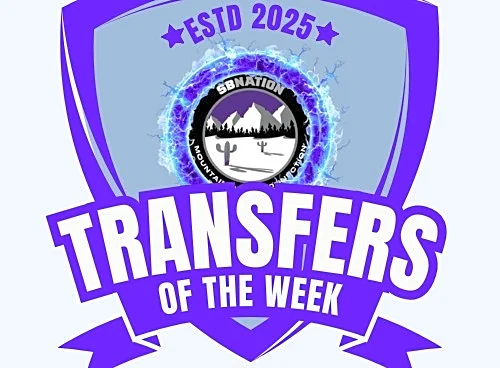What's Happening?
The HR industry is facing pressure to adopt artificial intelligence, with executives eager to implement AI tools that enhance efficiency and save time. However, the challenge lies in identifying AI use
cases that genuinely add value rather than simply being impressive. Industry experts suggest evaluating AI features based on their practical utility, security compliance, and ability to reduce workload. This approach aims to ensure that AI adoption in HR leads to meaningful improvements rather than superficial changes.
Why It's Important?
The push for AI adoption in HR reflects broader trends in technology integration across industries. As companies seek to leverage AI for competitive advantage, the focus on practical use cases ensures that investments in technology yield tangible benefits. This scrutiny is crucial for avoiding costly distractions and ensuring that AI enhances HR processes, such as recruitment, employee management, and performance evaluation, rather than complicating them.
What's Next?
HR departments may increasingly adopt AI tools that demonstrate clear value, leading to more efficient and data-driven decision-making processes. This shift could prompt further innovation in AI applications tailored to HR needs, driving advancements in areas like talent acquisition and employee engagement. As AI becomes more integrated into HR practices, companies might also face new challenges related to data privacy and ethical considerations.
Beyond the Headlines
The adoption of AI in HR raises ethical questions about the balance between automation and human oversight. It challenges organizations to consider the implications of AI-driven decisions on employee relations and workplace culture. Long-term, this trend could redefine HR roles and necessitate new skills and competencies for HR professionals to effectively manage AI technologies.











